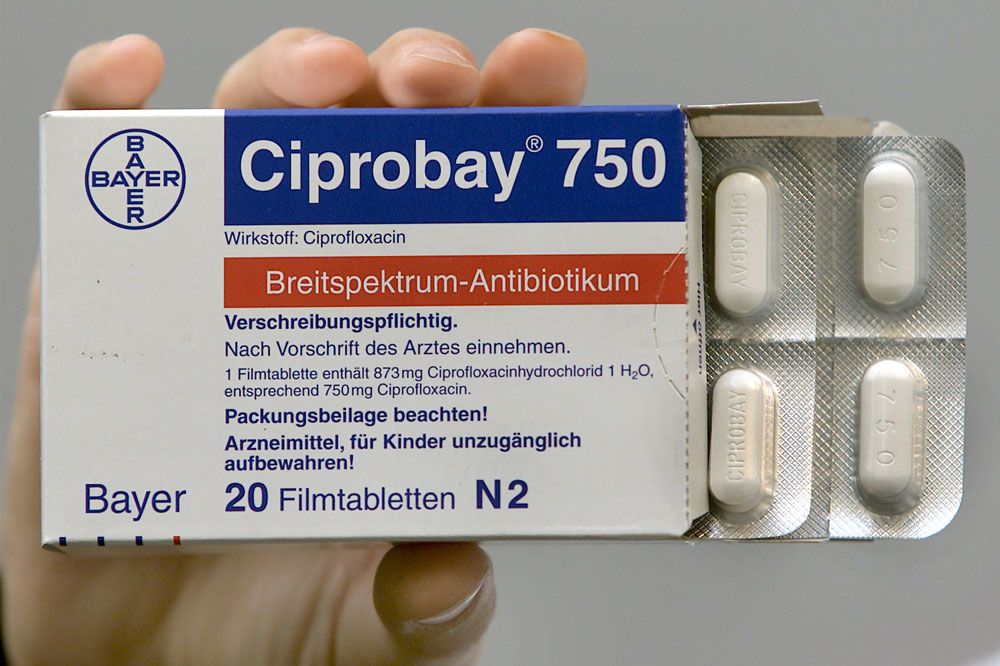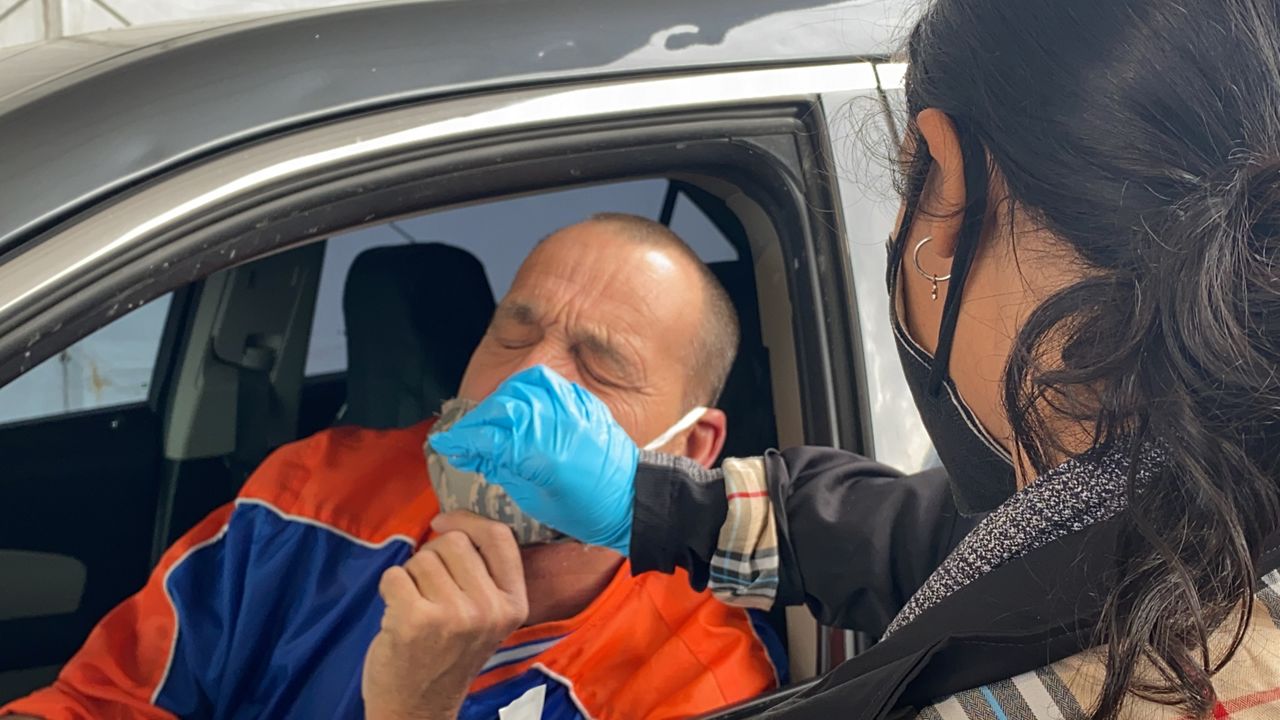WASHINGTON — A new warning from the Food and Drug Administration found a specific group of antibiotics can increase the risk of aortic aneurysms for some patients.
- FDA: Fluoroquinolone antibiotics can increase aortic aneurysm risk
- Includes Cipro, Levaquin, Avelox, Noroxin
- The drugs are used to treat bacterial infections
- RELATED: Read the FDA announcement
Fluoroquinolone antibiotics are sold under names like ciprofloxacin (Cipro), levofloxacin (Levaquin), gemifloxacin (Factive), moxifloxacin (Avelox), norfloxacin (Noroxin), and ofloxacin (Floxin). The drugs have been used to treat bacterial infections for more than 30 years.
But on Thursday, the FDA warned that some patients should not take these antibiotics unless no other treatment options are available. They include:
- Elderly patients
- Patients with a history of:
- High blood pressure
- Blockages or aneurysms
- Certain genetic disorders involving blood vessel changes
Patients who have any of those conditions should notify their doctor first before taking any of those medications. Also, call 911 or go to the emergency room if you experience sudden, severe, and constant pain in the stomach, chest, or back while taking any of those medications.
Aortic aneurysms are abnormal bulges in the aorta, which is the main artery in the circulatory system. They happen when the artery wall weakens. You may not know you have one until the buldge becomes large or bursts.
This is the latest warning sent out by the FDA for fluoroquinolone antibiotics this year. Last July, the FDA sent a notice that the drugs may decrease blood sugar and impact mental health.








